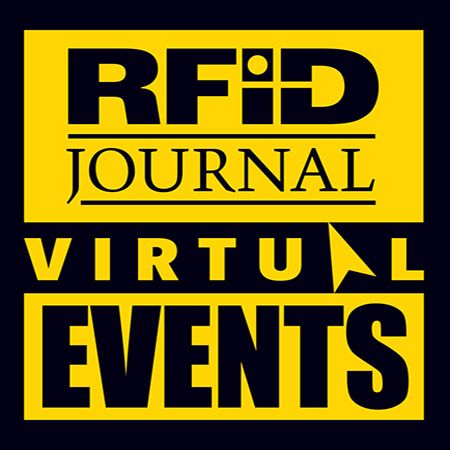RFID Journal Videos
Top Reasons Why Track and Trace is Your Best Bet for Inbound and Outbound Applications
In this video, SICK provides a robust discussion of end-to-end traceability and the valuable insight…
RFID in Action! – A Livestream Technology Demonstration
Lowry Solutions recently broadcast a live demonstration of Zebra’s MotionWorks Enterprise platform from its Solution…
Asset Tracking with Zebra Technologies and ServiceNow
Fast and easy implementation turns data from tracking tags and sensor networks into actionable business…
Six Reasons to Use RFID in Manufacturing
Companies face increased pressure to streamline their manufacturing processes to ensure accurate and on-time product…
Integrating RFID With PLCs and Manufacturing Systems
An RFID system cannot simply be bolted onto an existing manufacturing or packaging line. It…
Planning Your Manufacturing Line Deployment
The last thing any manufacturer wants to do is disrupt its finely tuned high-speed production…
Meeting Future Healthcare Demands: NFC RFID Solutions in the Internet of Things
Digital transformation is impacting industries across the globe, and healthcare is no exception. Join experts…
RFID Labels Track Single Doses of Propofol
Genixus, a pharmaceutical manufacturer and FDA-registered repackager and 503B outsourcer, has launched its first RFID-enabled…
Improving Patient Safety With Wearable Sensors
The population of the United States is aging. Based on the latest predictions by the…
Testing and Quality Control
It is critical, once an RFID system is deployed, that it function as designed. Failure…
Choosing the Right RFID Equipment
Depending on the speed of your manufacturing line, it might be difficult to find RFID-enabled…
Integrating RFID With PLCs and Manufacturing Systems
An RFID system cannot simply be bolted onto an existing manufacturing or packaging line. It…



